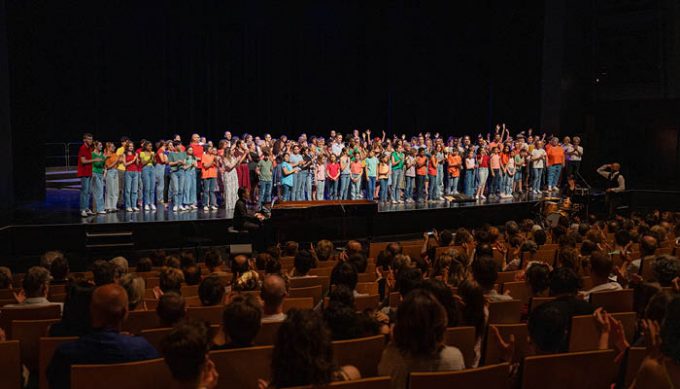What better way to celebrate music and its power over souls and bodies than with Carl Orff's galvanising Carmina Burana? Somewhere between the sacred and the profane, the feasting table and the altar of prayer, this extraordinary score is a veritable hymn to the art of sound.
It was during 1935 and 1936 that Carl Orff discovered medieval poems from the monastery of Benediktbeuern and decided to select twenty-four of them to assemble the libretto for a secular cantata. On the manuscripts, Latin rubbed shoulders with High German in a joyful mix, just as the sacred references were applied to subjects that could not be more earthly: fortune, the return of spring, lust, the pleasures of alcohol and gambling... Powerful and charismatic, Carl Orff's musical style is striking for its accessibility: Far from the modernism of his contemporaries Bartók, Stravinsky and Schoenberg, he drew his inspiration from the art of the Renaissance and early Baroque to create structures that are both simple and grandiose, intensely euphonious. With its famous opening chorus, O Fortuna, which so many audiences associate with the nocturnal rides in the film Excalibur, Carl Orff's score, however anachronistic it may have seemed in its time, remains grandiose and popular: a hymn to the "carmen", in other words to the combined powers of magic and song.
Types
- Music
- Concert
Date
Saturday 21 June 2025 at 8pm

